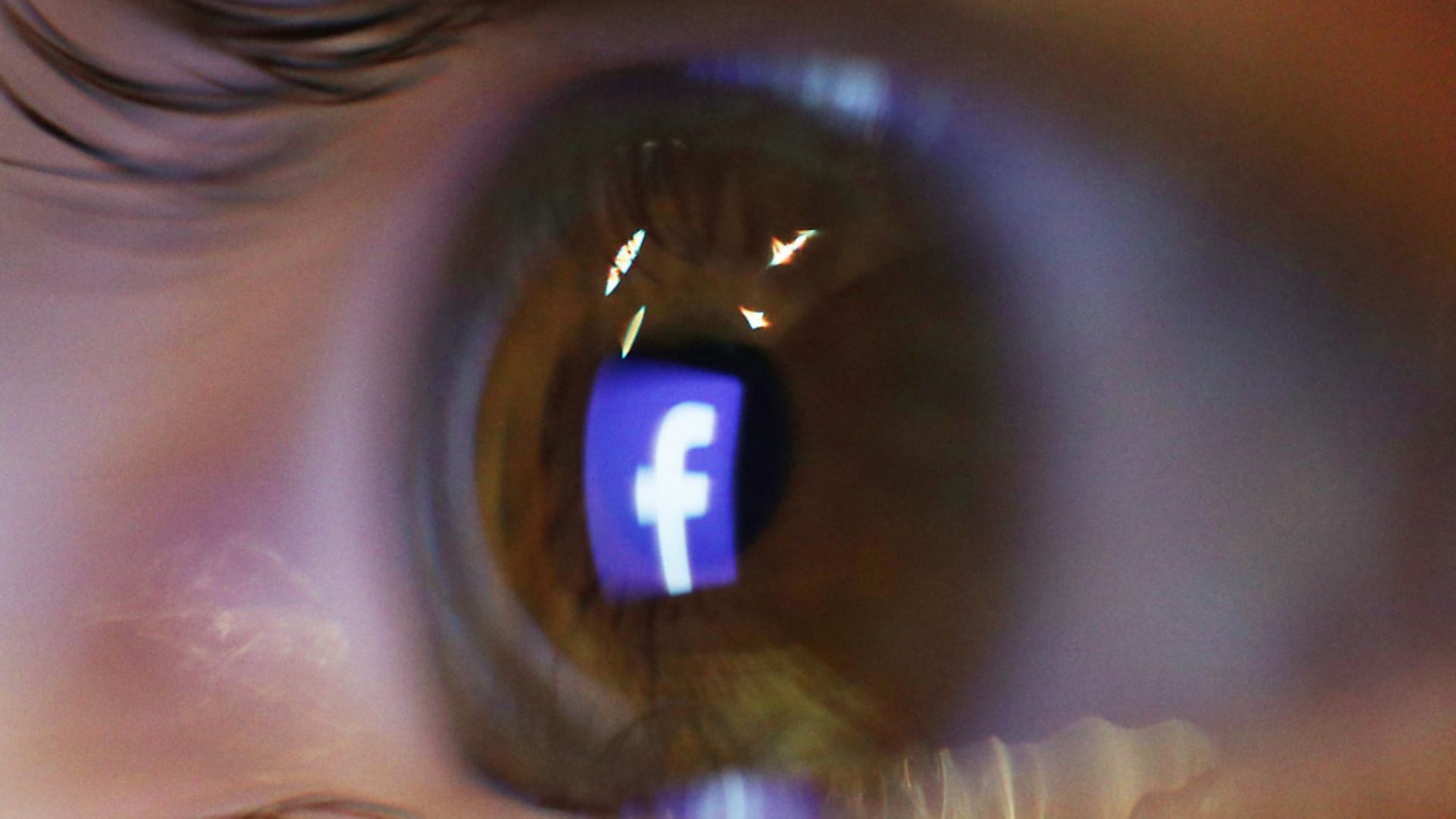
Legacy publishers such as the Mail and the Sun are condemning the environment they create
There used to be an easy way to tell if legacy news publishers were talking positively or negatively about the internet. If they prefaced it with ‘online-‘, it was good – online banking, for instance.
But if it was preceded by ‘cyber’, it was bad, and to be feared. Cyber-stalking, -bullying, -harassment – if the press disapproved of what you were doing online, then you were a cyber-criminal, straight out of the pages of a William Gibson novel.
Lately that distinction has become muddied. In part that’s because publishers always have one eye on their print revenue, which is likely headed towards another cliff as circulations decrease. They know that digital revenue will have to start taking up the slack, and it’s hard to encourage people to pay online if you spend the rest of your time scaring them about cyber-demons.
It’s also partly because one particular element of online activity has drawn the ire of legacy publishers: social media. Every week a print paper will slam social for enabling what it perceives to be moral failings.
The Evening Standard ran an article on knife crime that cited it as fueling the city’s ‘brutal blade culture’. The same day, the Sun published an article blaming ‘arrogant and over-mighty web giants’ Facebook and Google for directly causing mass murder.
Often they blame social media for the rise of ‘fake news’ (with which legacy publishers didn’t seem to have a problem so long as they held the monopoly). The Daily Mail spoke of ‘the great distorting echo-chamber of the internet’ for the rise of fake news and ‘left-wing fascism’ in its diatribe against the Guardian late last month, for instance.
The reality is that social media is actually less of an echo-chamber than those papers. The latest Digital News Report from the Reuters Institute for the Study of Journalism found that 36% users of social media say they are exposed to more news sources than they would usually seek out. In that sense, social media is vital for digital revenue-hungry publishers who need incidental discovery to grow their audiences.
As for social media being responsible for a drop in trust in the news media, report author Nic Newman said: ‘I would attribute it to an increase in the polarisation in debate. When you look at the comments coming back about why people don’t trust news… a lot of it’s about a biased agenda.
‘Brexit is a little bit like that. I think that’s a huge part of the lack of trust, and social media’s just the way that expresses itself rather than causing it.’
So when legacy publishers rail against social media, what they’re actually condemning is a cyber-environment that they helped to create.
Chris Sutcliffe is a freelance media reporter and former news editor of TheMediaBriefing
Warning: Illegal string offset 'link_id' in /mnt/storage/stage/www/wp-includes/bookmark.php on line 357
Notice: Trying to get property 'link_id' of non-object in /mnt/storage/stage/www/wp-includes/bookmark.php on line 37






